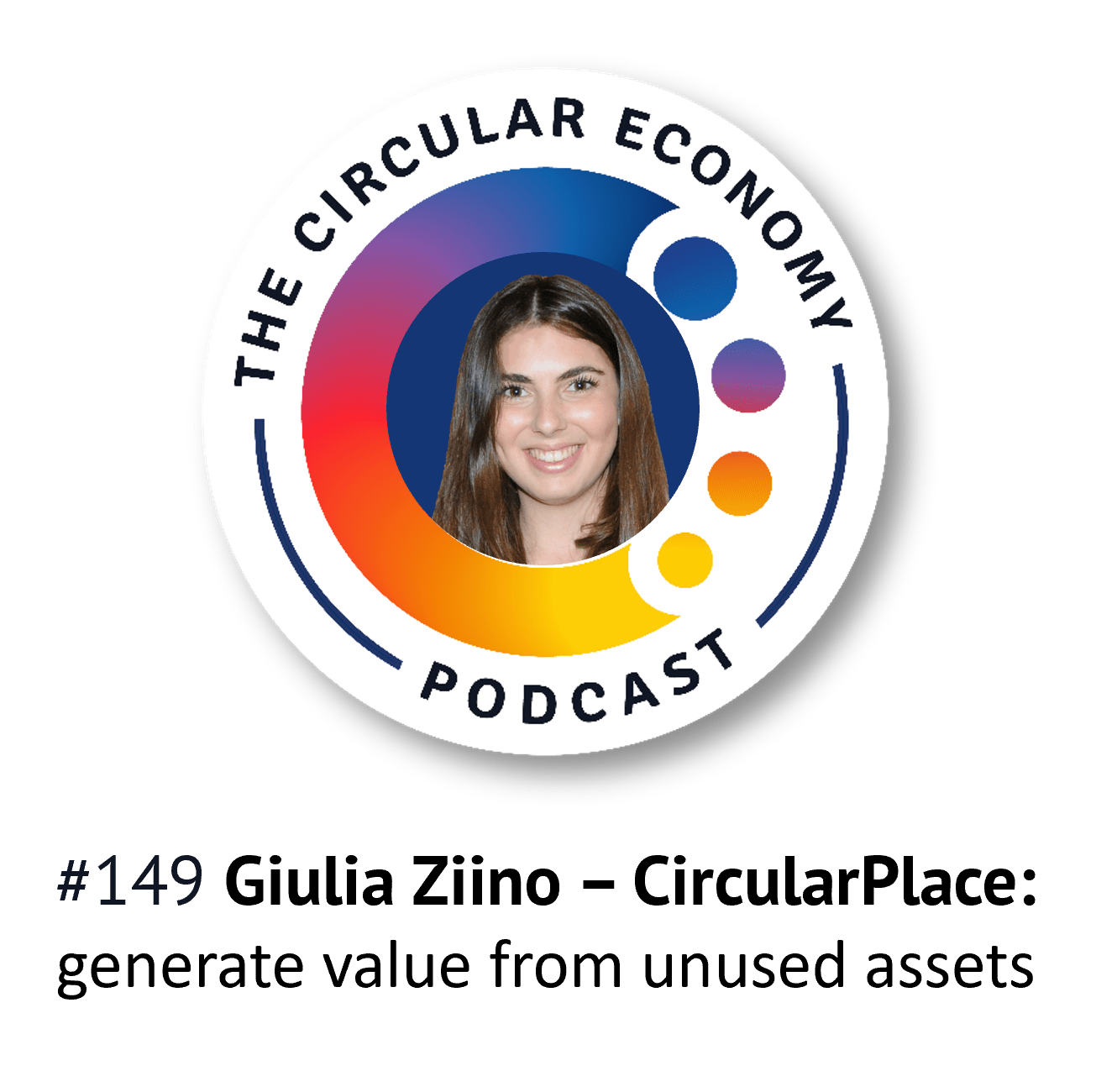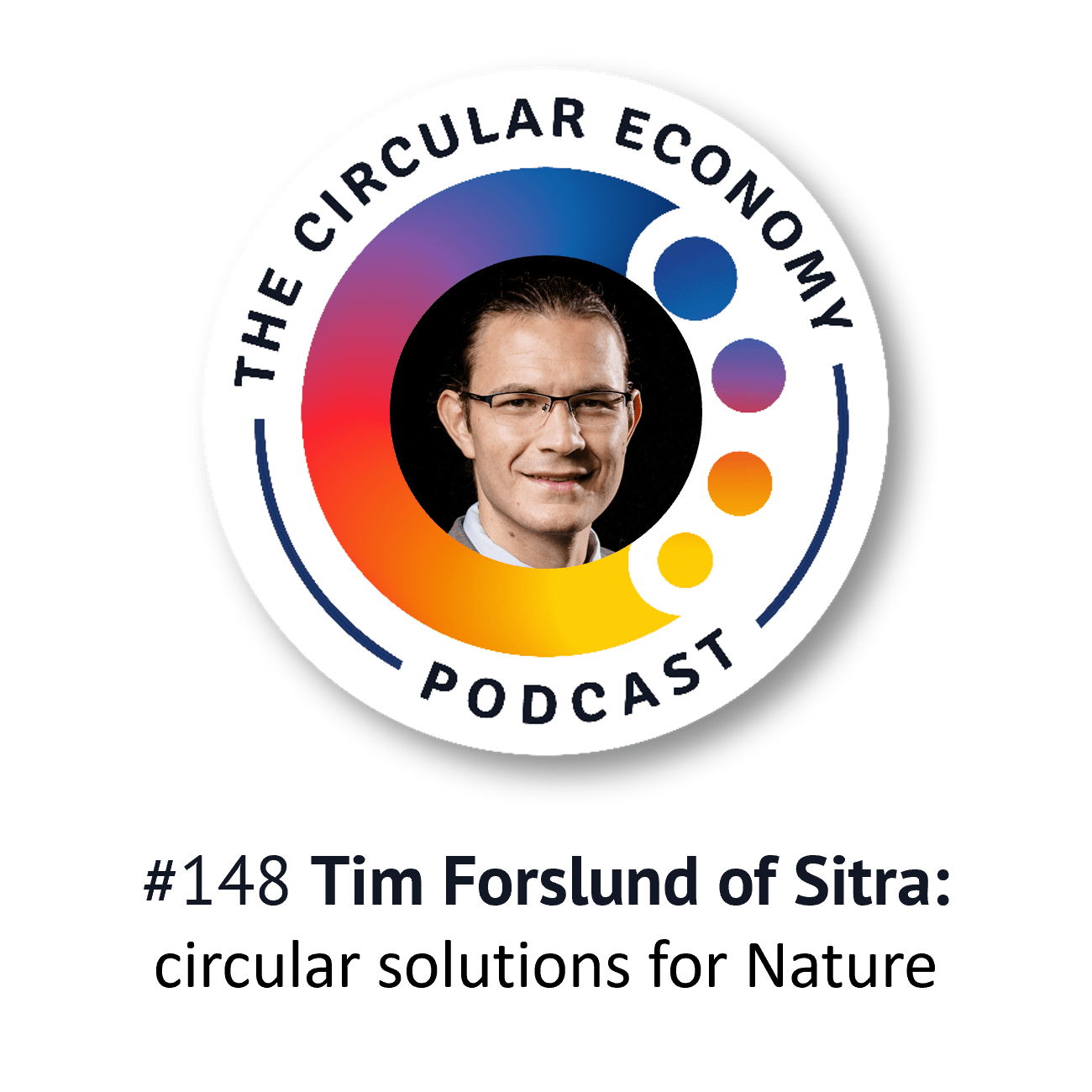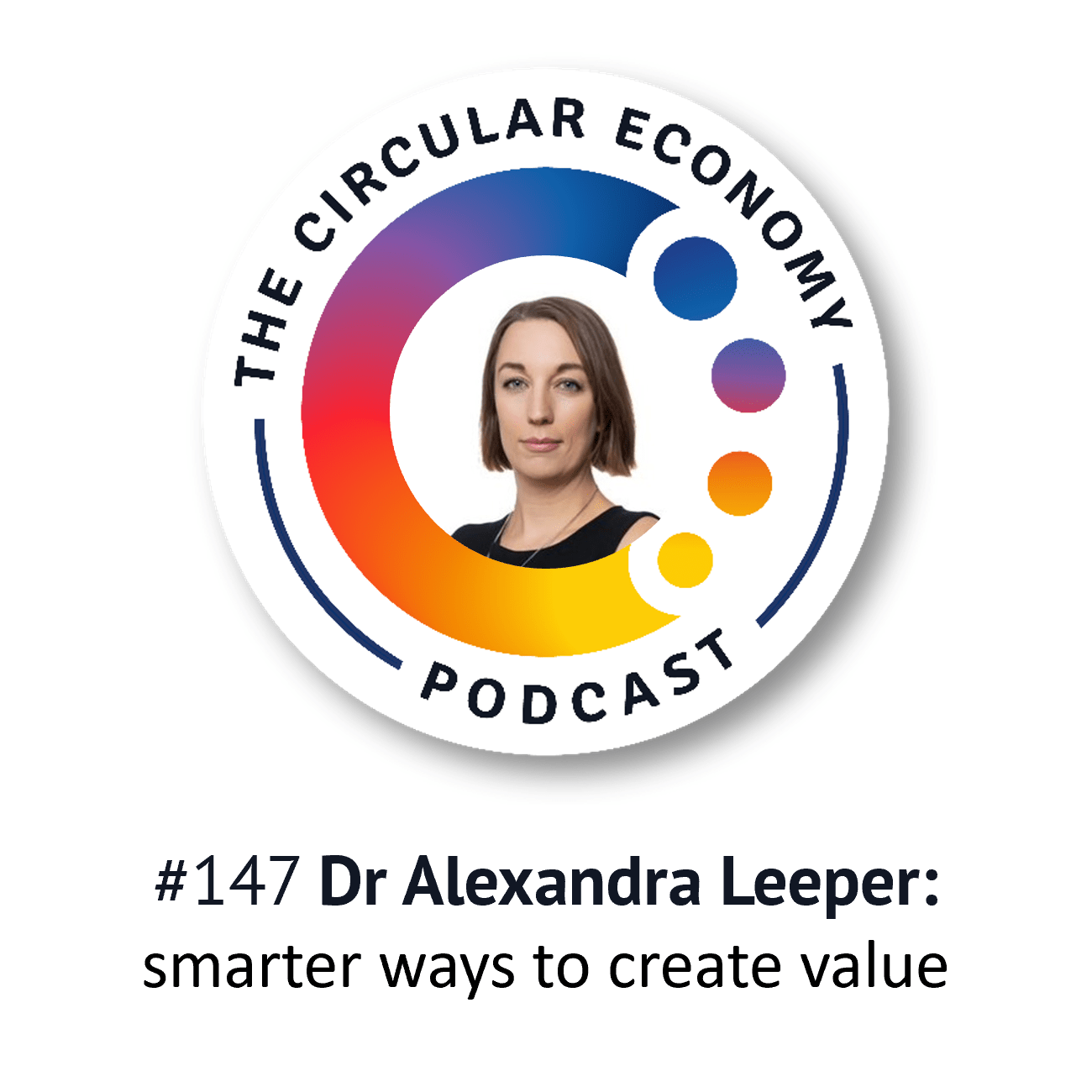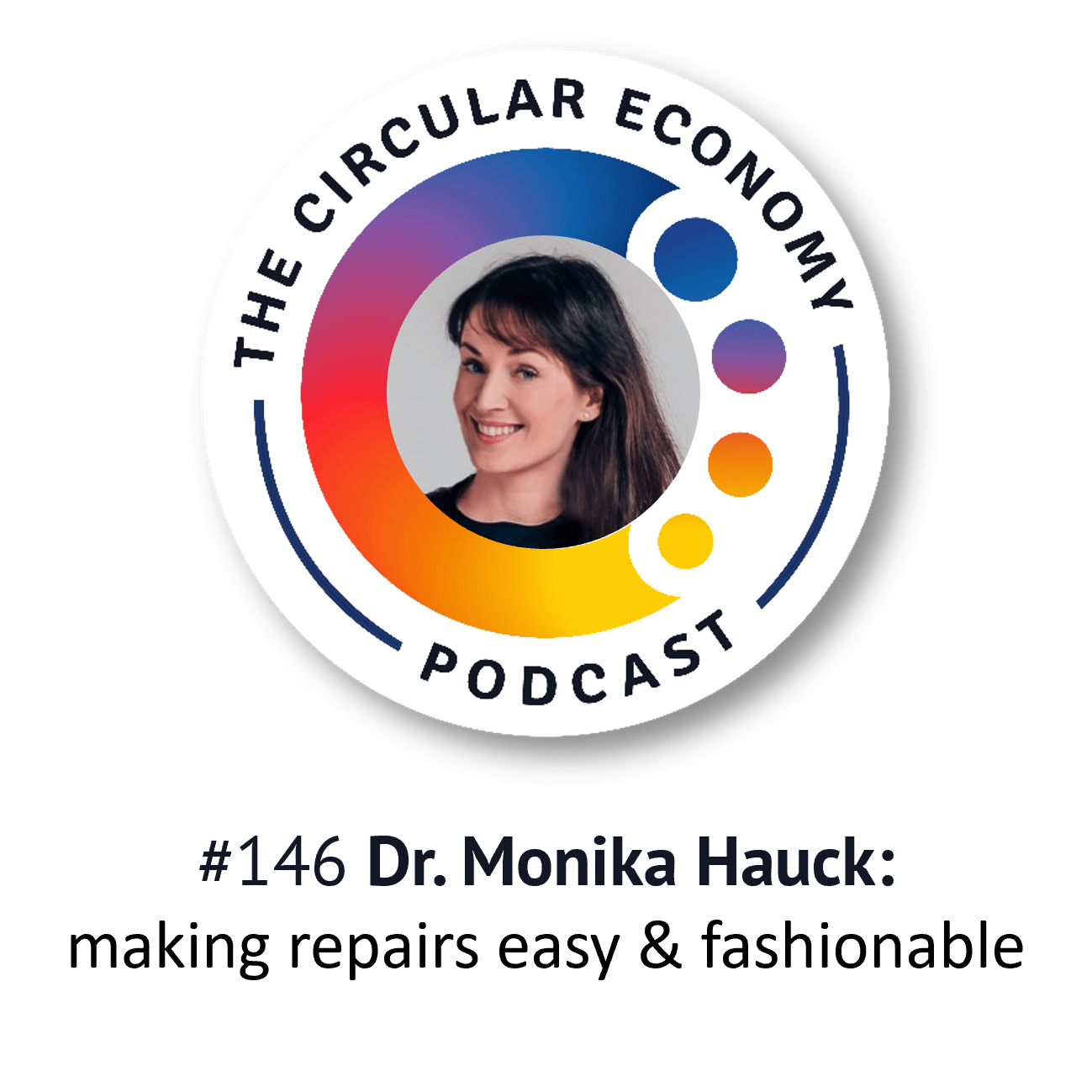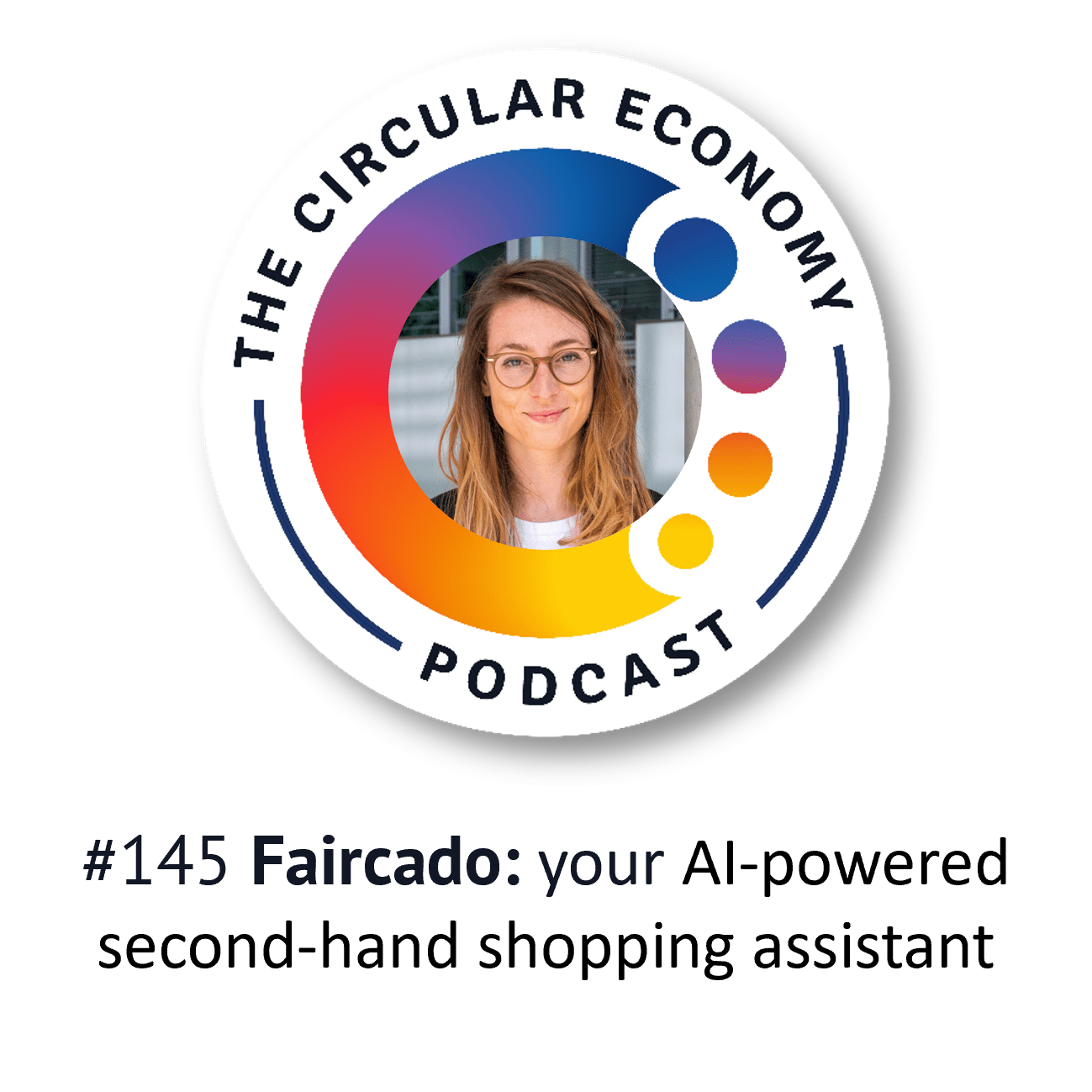Podcast: Play in new window | Download
Beth Massa of ARK Reusables and Ozarka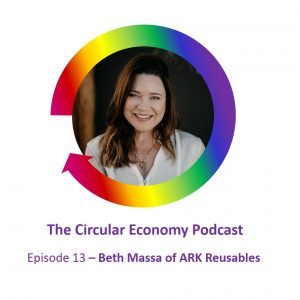
In this podcast, Beth Massa of Ozarka talks to Catherine Weetman about their innovative reusable and recyclable silicone food-to-go packaging, ARK Reusables.
It is crowdfunding (in October 2019) on Kickstarter, to help scale it up in Europe and the US.
We talk about the product design, the business model, and customer engagement with food outlets and consumers.
Ozarka offers returnable, responsible, sustainable, zero-waste takeaway boxes for prepared food businesses. It’s currently available at food outlets in Amsterdam and Utrecht – see the Ozarka website for details.
Podcast host Catherine Weetman advises businesses, gives workshops & talks, and writes about the circular economy. Her award-winning book, includes lots of practical examples and tips on getting started. Catherine founded Rethink Global in 2013, to help businesses use circular, sustainable approaches to build a better business (and a better world).
Stay in touch for free insights and updates…
Read on for a summary of the podcast and links to the people, organisations and other resources we mention.
You can subscribe to the podcast series on iTunes, Google Podcasts, Spotify, TuneIn, or search for “circular economy” in your favourite podcast app. Stay in touch to get free insights and updates, direct to your inbox…
Links we mention in the episode:
- Catherine’s blogs Why reuse is #1 tool in the circular economy toolkit and The best circular strategy is NOT recycling
- Ozarka https://ozarka.biz/
- ARK Reusables https://ozarka.nl/ark-reusable/
- email: Beth Massa beth@ozarka.biz
Social media
- Ozarka on Twitter https://twitter.com/OzarkaNL
- Ozarka on Facebook https://www.facebook.com/ozarkanl/
- Instagram instagram.com/ozarka_nl
About Beth Massa
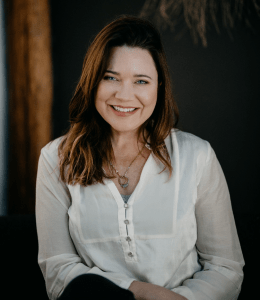 Beth Massa is the founder of Ozarka, the company behind ARK Reusables. She and her husband and co-founder, Michael Massa, have been passionate about sustainability and waste reduction their whole lives, but realized a few years ago there was something they could do about it—not just personally, but on a big scale.
Beth Massa is the founder of Ozarka, the company behind ARK Reusables. She and her husband and co-founder, Michael Massa, have been passionate about sustainability and waste reduction their whole lives, but realized a few years ago there was something they could do about it—not just personally, but on a big scale.
It started when they learned that single-use plastic food packaging is a big part of the pollution crisis. Beth says “believe it or not, 91 per cent of plastic isn’t recycled. Annually, more than 40 per cent of plastics manufacturing is for packaging. By our estimations, plastics frequently used for food packaging total more than 130 million tons of waste every year.“
Beth and Michael stepped away from long-standing careers in intellectual property law (Michael) and project ownership at Microsoft and Amazon.com (Beth), to focus full-time on bringing an end to single-use plastic pollution.
They agree with the world’s leading experts that reuse is the best way to manage packaging waste. In Europe, they run a B2B circle economy “Packaging as a Service” system replacing single-use to-go food containers with reusable, returnable containers. And worldwide, they’ve created a collection of portable to-go food containers that are beautiful, collapsible, portable, durable, and a joy to use.
More about Ozarka and ARK Reusables
We are operational as B2B in the Netherlands and are currently accepting customers in the UK and throughout Europe. We work with office canteens and cafeterias or restaurants, traiteurs, delis, foodhalls, food courts, and take away proprietors offering a variety of fit-for-purpose reusable food and drink containers and if requested, installing the systems to collect the containers from customers, wash and sanitize them, and get them back into circulation.
Our unique reusable, collapsible to-go dishes offered on our crowdfund are available worldwide. Customers are welcome to back the campaign by choosing a reward on the crowdfund. Retailers, wholesalers, procurement professionals, food proprietors or other B2B clients are welcome to contact Beth directly to discuss an arrangement that is right for you: beth@ozarka.biz +31 6 19 24 20 90
What we talk about
[00:00] We start by talking about Ozarka’s current business-to-business (B2B) operations in Europe, and how that is expanding. Beth tells us about the range of containers and the principles behind her designs.
Sustainable, safe, durable and recyclable materials
[05:14] Then we move on to discuss the benefits of silicone, and Ozarka’s systems for recovering, reusing and eventually recycling the containers. There are container options for different meal choices, all designed with the customer in mind – for both the user and for the food-outlets.
Business model design
[09:49] Beth tells us about her ‘aha’ moment when developing Ozarka’s business model, resulting in a pivot from targeting food consumers (B2C) to the B2B market. Beth talks about their target markets and regions, including the UK – where 11 billion single-use containers are used every year!
We talk about the ‘early adopters’ and how keen people are to give their custom to those food outlets getting on board the circular economy.
[14:37] We move on to discuss the logistics and recovery flows, and how the reverse vending and deposit scheme works. Consumer behaviours vary for the different types of containers and materials.
[19:03] Beth explains the benefits for the food outlets (the B2B customers) and the food consumers, who are overjoyed to discover circular, sustainable packaging options and are then willing to engage with and support the food outlets on social media. We talk about the process of changing habits and behaviour.
Other ideas for food in reusable containers
[23:51] Catherine talks about her local, rural independent grocery store and butchers, keen to support reusable containers, and Beth sees potential for supporting this.
Tips for circular start-ups
[26:01] Beth shares her top tips for circular economy startups, and tells us how to contact her and Ozarka, and how to find the crowdfunding campaign (open until the end of October 2019)
To find out more about the circular economy, listen to Episode 1, read our guide: What is the Circular Economy or buy the book: A Circular Economy Handbook for Business and Supply Chains
Why not sign up for the latest episode and insights, straight to your inbox?
Want to find out more about the circular economy?
If you’d like to learn more about the circular economy and how it could help your business, why not listen to Episode 1, or read our guide: What is the Circular Economy?
To go deeper, you could buy Catherine’s book, A Circular Economy Handbook for Business and Supply Chains This comprehensive guide uses a bottom-up, practical approach. It includes lots of real examples from around the world, to help you really ‘get’ the circular economy. Even better, you’ll be inspired with ideas to make your own business more competitive, resilient and sustainable.
Please let us know what you think of the podcast – and we’d love it if you could leave us a review on iTunes, or wherever you find your podcasts. Or send us a Tweet: @Rethink _Global.
Podcast music
Thanks to Belinda O’Hooley and Heidi Tidow, otherwise known as the brilliant, inventive and generous folk duo, O’Hooley & Tidow for allowing me to use the instrumentals from the live version of Summat’s Brewin’ as music for the podcast. You can find the whole track (inspired by the Copper Family song “Oh Good Ale”) on their album, also called Summat’s Brewin’. Or, follow them on Twitter.
